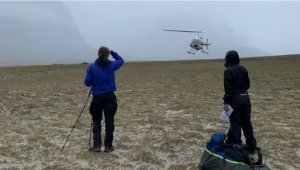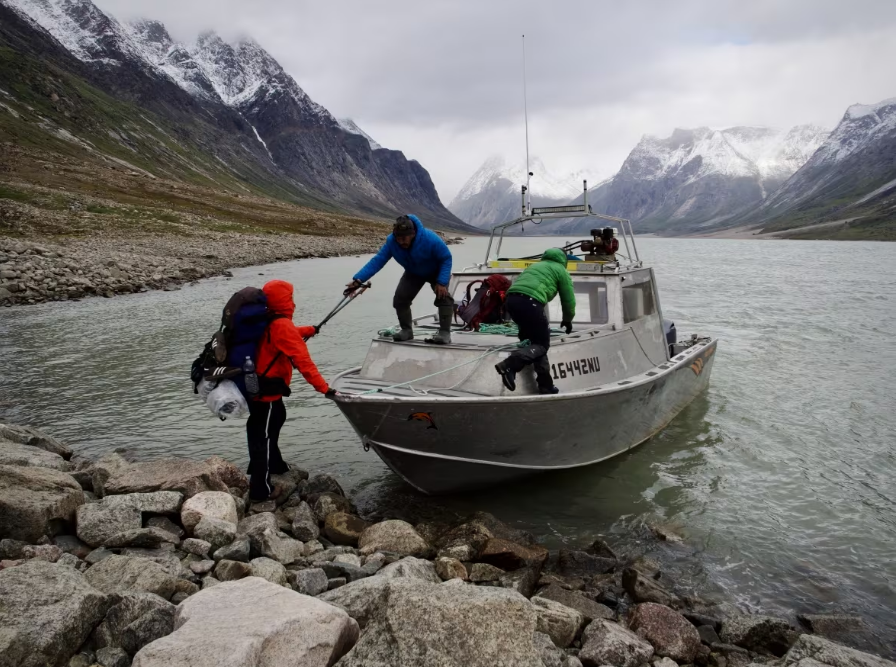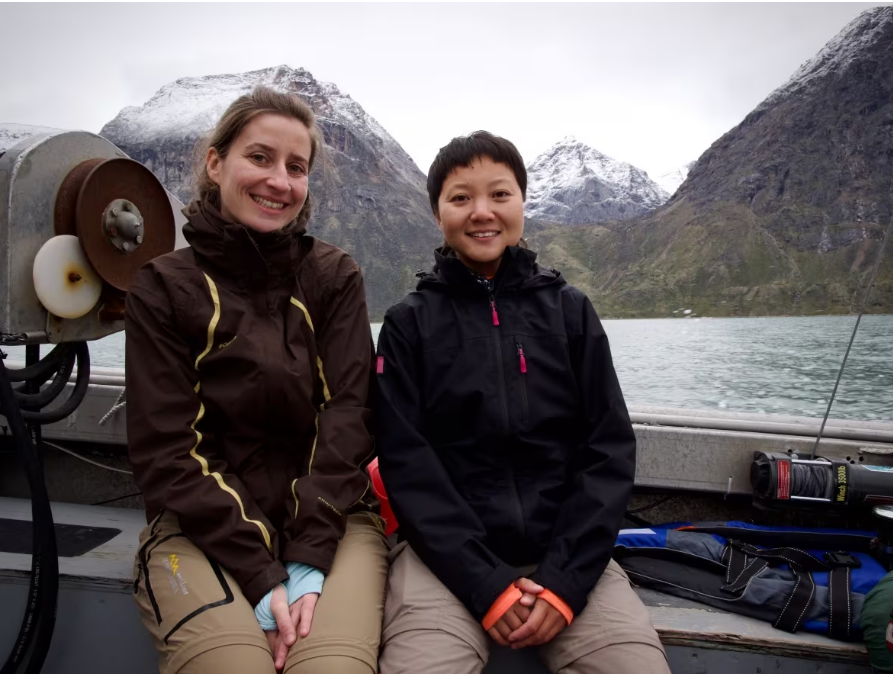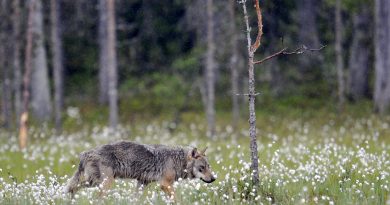Heavy precipitation, glacier runoff forces trail closure in Nunavut’s Auyuittuq Park

Parks Canada has closed a popular hiking route in Nunavut’s Auyuittuq National Park amid concerns over heavy precipitation, glacier runoff, and an increased risk of flooding and landslides.
The closure last week meant that some hikers already in the park had to be retrieved by helicopter, while others had to rethink their travel plans.
The closure affects a section of Akshayuk Pass, from Crater Lake to North Pangnirtung Fiord. It does not apply to Inuit, who have full access to the park guaranteed under the Nunavut Act.
“Due to high levels of seasonal precipitation and run off from surrounding glaciers, river and stream crossings currently present an extreme hazard and the risk of rock fall and landslides has significantly increased,” reads an Aug. 21 bulletin from Parks Canada.
Akshayuk Pass is the most popular hiking and skiing route in Auyuittuq. The remote, 97-kilometre route follows a glacial valley north of Pangnirtung on southern Baffin Island, and offers views of the Overlord, Odin, Thor and Asgard peaks.
Caryn Smith, who’s with the Nunavut field unit for Parks Canada, says about two-thirds of the pass was closed last week. That section has a lot of major river crossings for hikers, she said.
“In the last few weeks, we’ve had high amounts of precipitation in and around south Baffin and in the area of Pangnirtung and the pass. And that rain and precipitation has increased the water levels to pretty dangerous levels,” she said.
“It could lead to rock slides, flooding, just instability in the ground, and also could strand visitors in parts of the park.”

Smith said all hikers who were already in the park last week when the closure notice was issued either made their way out of the area, or were picked up by helicopter and taken to safety.
Hikers change plans
Brys Stafford of Whitehorse was among those hikers in the park last week, along with four friends from Iqaluit. They had planned to spend two weeks hiking through the pass.
“We’d been waiting for a few years to take this on, and this summer everything fell into place,” he said.
They had a few river crossings on their first few days. Stafford described the rivers as seeming higher than normal but the crossings were nevertheless “manageable.”
On their third day out, they started getting messages from friends on their InReach device. Stafford said it was hard to get a clear picture of what was happening, until a helicopter passed overhead, looped around and landed nearby.

The parks staff explained what was happening and gave them a few options of what to do. Stafford and his group opted to take a ride to a safer area of the park to spend a few days before hiking out to catch a boat back to Pangnirtung.
“Even though the two-week trek that we had planned, didn’t come together, we were still able to spend a week in the park, we saw some beautiful spots, we saw Thor, we saw Mount Odin,” he said.
“It’s always nice to leave a place wanting to come back, which is sort of where I am right now.”
Mo Wang and Flora Roussel from Montreal were headed to Pangnirtung for their own four-day excursion when they realized they had to change their route. Wang said they were a little disappointed, at first.
“But then we understood that this is nature and we can’t really control. So it’s better we adjust our expectations,” Wang said.

Speaking to CBC News last week, Smith couldn’t say how long the Akshayuk Pass closure would last. She said parks staff would continue to monitor conditions.
Smith said flooding events seem to happen every few years in the park.
“With changes to our climate and weather events happening you know, across the country, and things like that, it’s something we’re going to keep a closer eye on, to make sure it’s not something that will become annual,” she said.
With files from Alysia Toonoo and Matisse Harvey/Radio-Canada
Related stories from around the North:
Canada: New Arctic navy ship sails into Nunavut waters, CBC News



